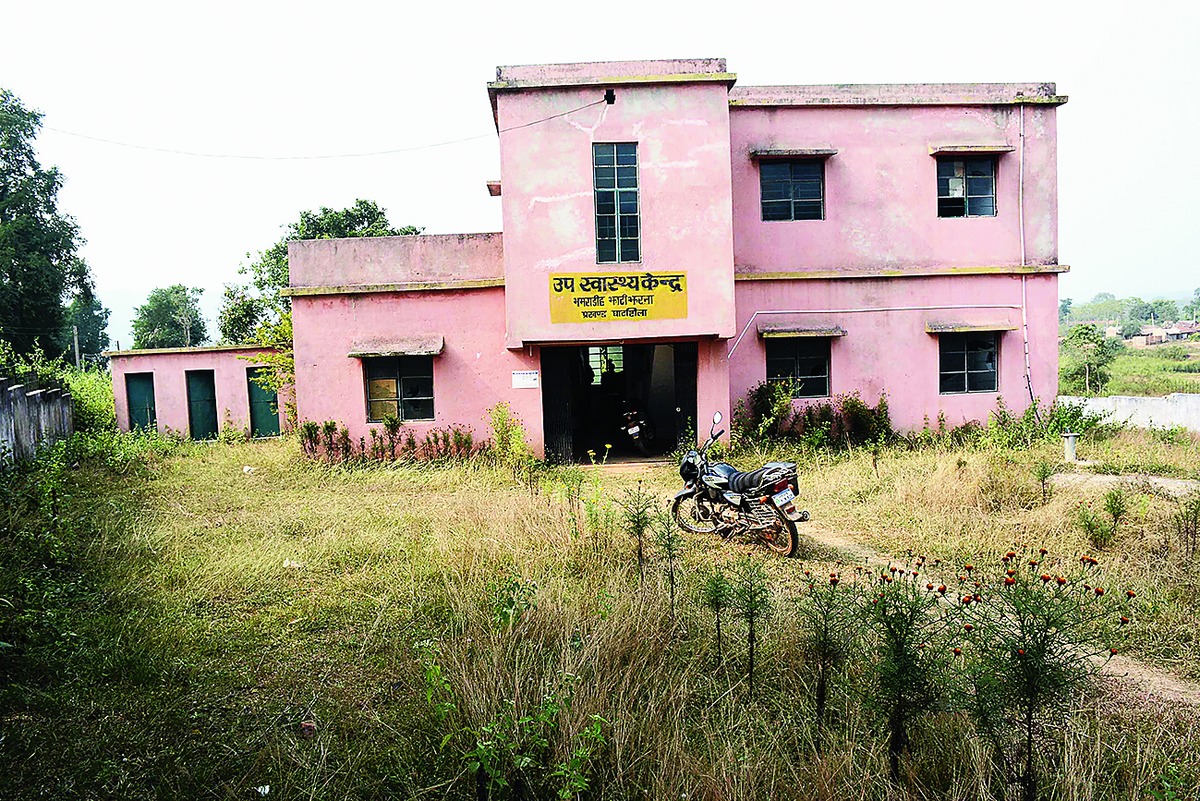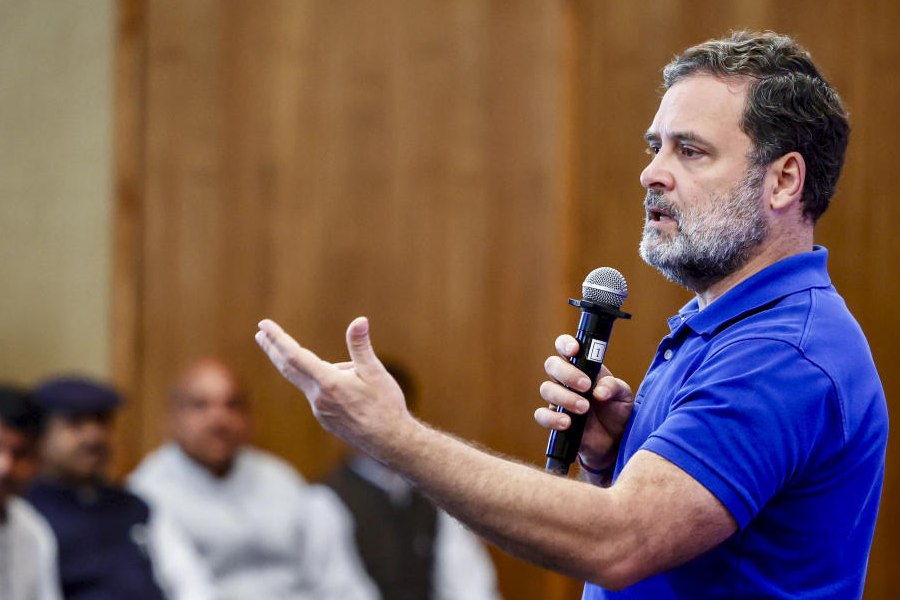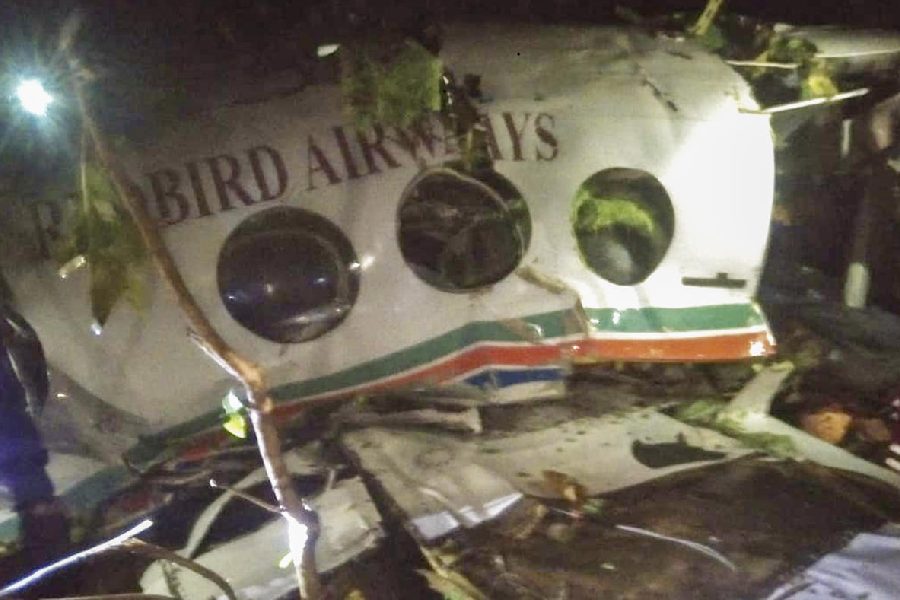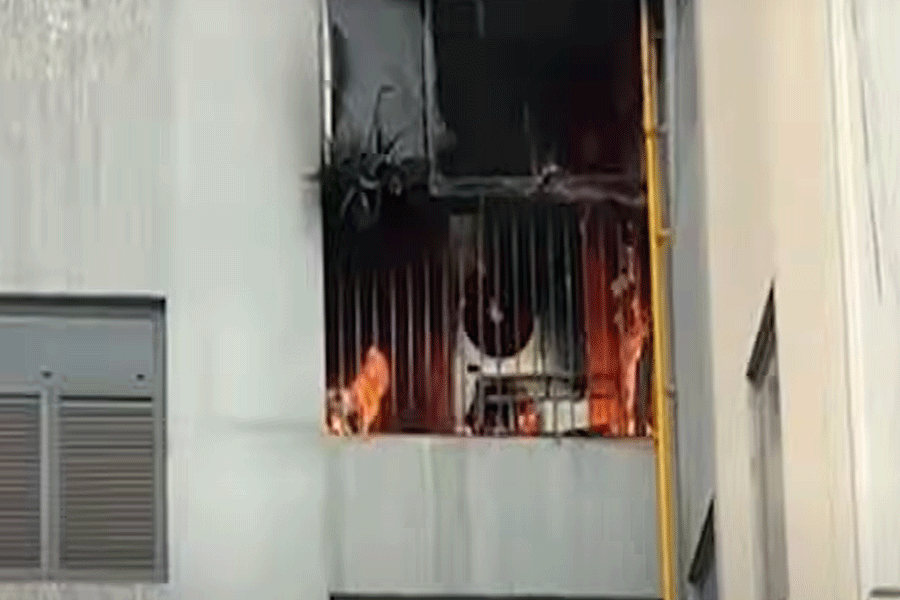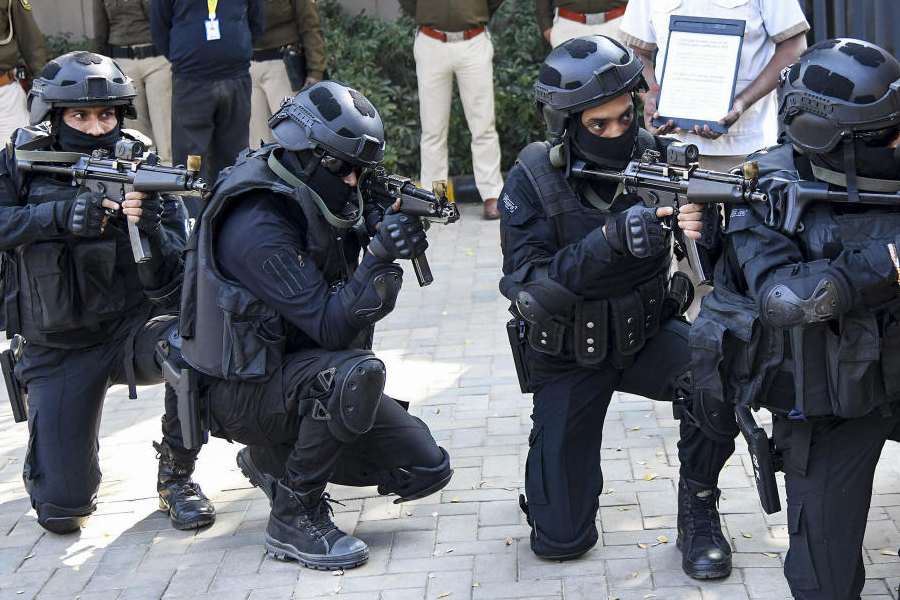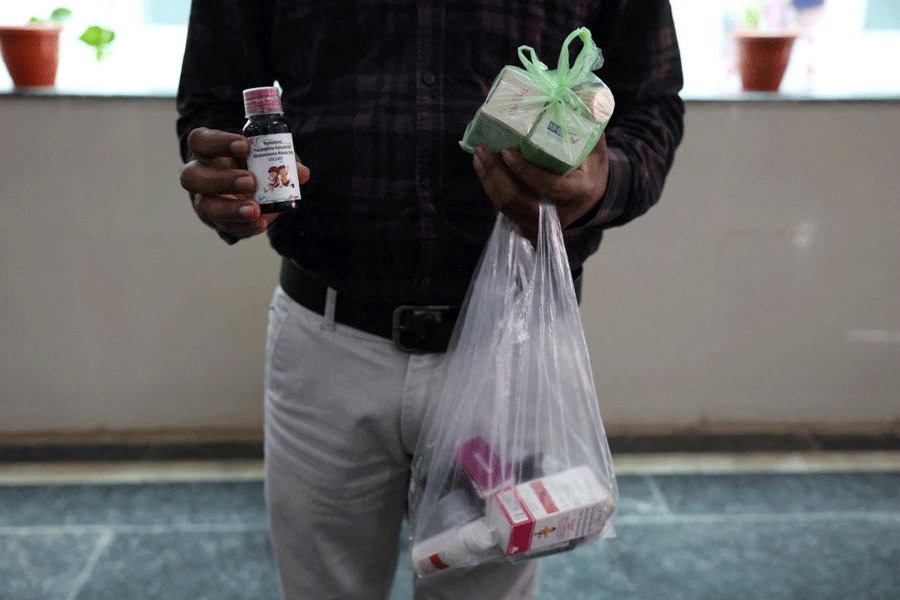
Jamshedpur: The first ever report on tribal health, tabled last month by a government-appointed expert committee, has highlighted the dismal scenario in Jharkhand, expressing serious concern at the poor health infrastructure, manpower shortage and inadequate sanitation in the state where tribals constitute 26.2 of the population.
The 12-member committee, constituted jointly by the Union ministries of health and tribal affairs, has suggested that the state government focus 70 per cent of its resources for tribal health on primary care in tribal areas and, to begin with, appoint one accredited social health activist (ASHA) for every 50 tribal households.
The expert committee, which was headed by Dr Abhay Bang, a social activist and researcher in community health at Gadchiroli, Maharashtra, submitted its report to Union health minister J. P Nadda and Union tribal affairs minister Jual Oram on August 9 in Delhi.
"Our team had visited Jharkhand in September 2015 and we had held interactions with health officials and also visited rural health centres at the tribal village Raidih in Gumla district. Our report highlights the lacunae, especially in terms of lack of access to proper healthcare and sanitation, and also makes recommendations," Dr Bang told The Telegraph over phone from Gadchiroli. Dr Bang said he hoped health and tribal affairs ministries would act on the report.
The report identified 10 tribal health issues, namely, malaria control, reducing malnutrition, reducing child mortality, ensuring safe motherhood and health of women, providing family planning services and care for infertility, de-addiction and mental health care, sickle cell disease, animal bites, health of children in residential schools for tribal children and providing health literacy.
It also spoke of a shortage of manpower and health centres in all tribal states, including Jharkhand.
Jharkhand recorded the highest shortfall in terms of primary health centres (58 per cent). Against a requirement of 393 primary health centres in tribal areas, the state has a shortfall of 228 centres. Against a requirement of 2,622 sub health centres, the state has a shortfall of 157. The state does not have shortfall in community health centres (98).
Jharkhand has a severe shortage of male health workers at rural health centres. Against 2,465, the state only has 669 workers, a shortfall of 1,796. The state has a shortfall of surgeons (104) at community health centres (CHCs), obstetricians/gynaecologist (89) and paediatricians (96).
There is also has a shortfall of 186 pharmacists and paramedics at health centres in tribal areas. The report paints a poor picture of Jharkhand in terms of sanitation, pointing out that 90 per cent tribals were forced to defecate in the open and that over 70 per cent did not have access to a drain.
Health experts blamed dismal health infrastructure and poor execution of policies. "We found the three Ms, malaria, malnutrition and mothers' deaths, along with alcohol, were concerns for tribal health. But these factors have not caught the attention of policymakers," said Dr P Suranjeen, senior advisor (programmes) Jhpiego, a nonprofit associated with Johns Hopkins University.
He said he would like to see more emphasis being given to deputing a workforce at tribal health centres and use of better screening methods of expecting mothers.
"There is a window of opportunity, especially with the Prime Minister inaugurating health and wellness centres as a part of the Ayushman Bharat scheme in the state later this month. This can provide a boost to tribal health care in Jharkhand," said Dr Suranjeen, who is an MD in community medicine and has been working in Jharkhand for nearly 18 years.

